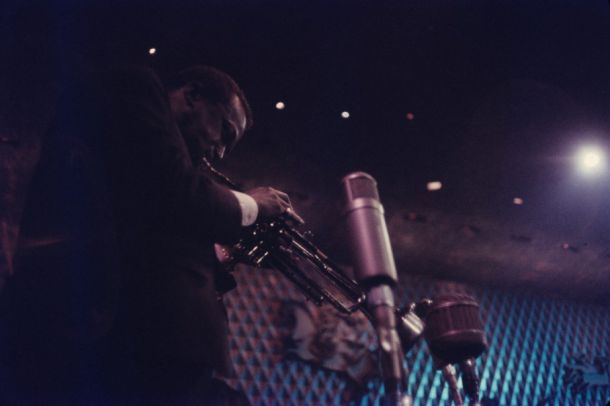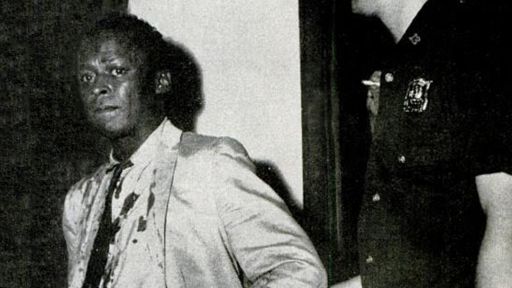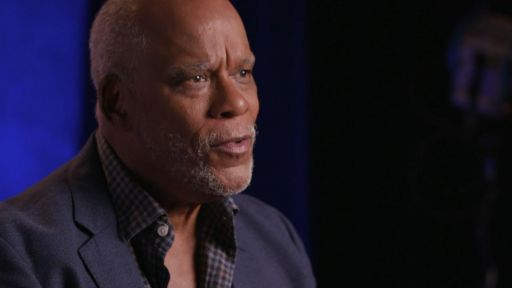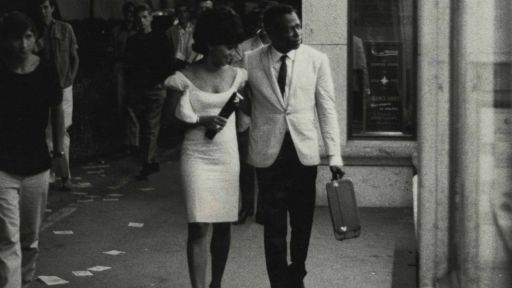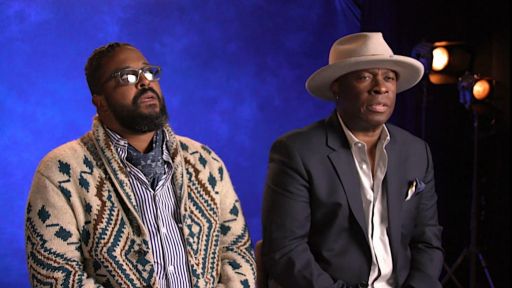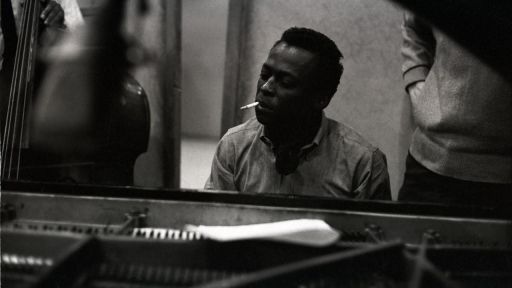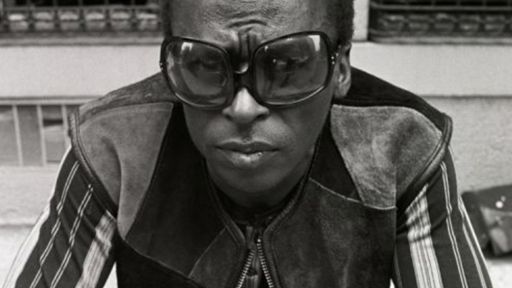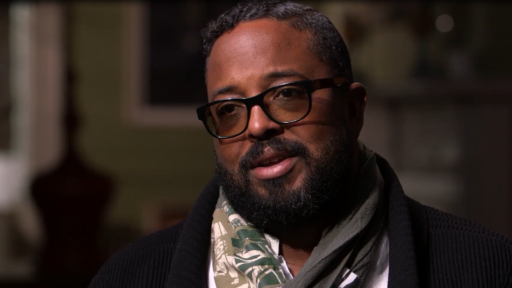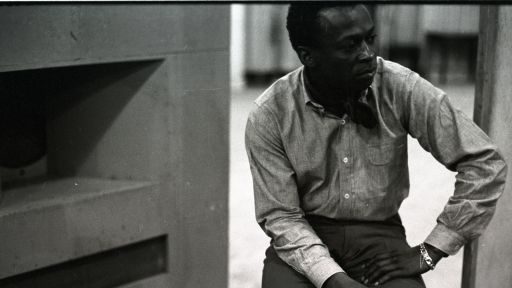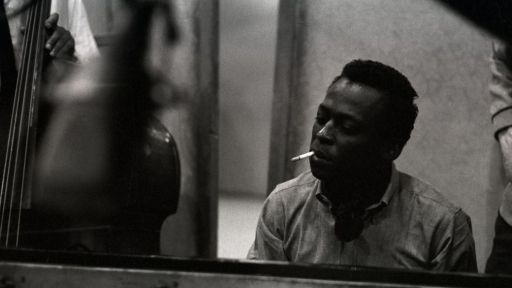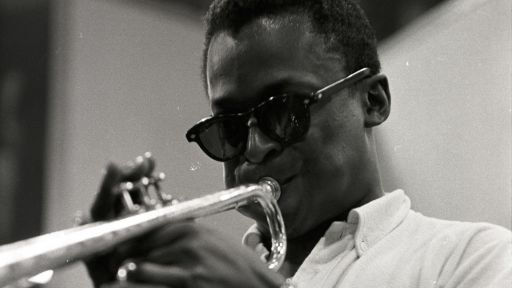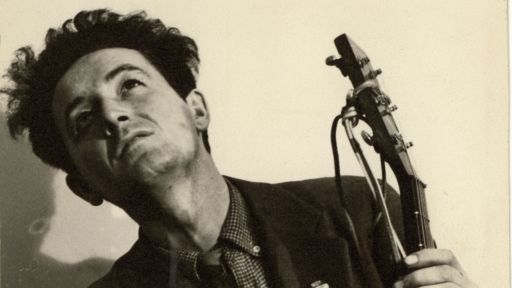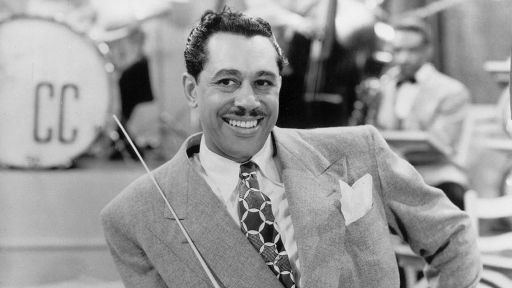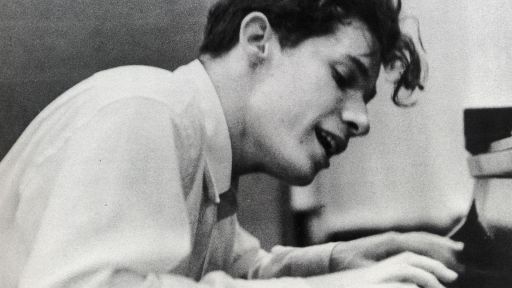While in Paris in 1957, Miles Davis was invited by the great French film director Louis Malle to score his new film, Elevator to the Gallows. A 24 year-old Malle was in the midst of creating a “different cinema,” one that utilized non-professional actors in actual locations around the city instead of on a soundstage. Malle, seeking a fresh-sounding soundtrack that evoked his new storytelling techniques, sought jazz.
Traditionally when scoring a film, a composer assembles musicians and instructs them to play carefully timed sequences. Miles did not take this approach. In fact, he didn’t write any music at all. Instead, he and his musicians created the music as they screened the film. It was completely improvised.
Musician Vincent Bessieres, who was there, remembers:
“Looking at the image at the same moment as we were playing was very important …very fast we realized then it was something, I mean something outstanding we were doing.”
While improvisation is a core element of jazz, most musicians have at least some structure to work with: a melody, chords, or even a full chart with designated sections for improvisation. Davis succeeded in creating a now legendary film score by reacting to the film in the moment and giving his fellow master musicians an extraordinary amount of freedom — an approach he would continue to develop in the coming years.
For the recording of his most famous album, Kind of Blue, Davis continued his preference for no rehearsals by showing up to the studio with only a few notes. “I didn’t write out the music for Kind of Blue,” Davis said, “but brought in sketches, because I wanted a lot of spontaneity in the playing. I knew that if you’ve got some great musicians they will deal with the situation and play beyond what is there and above where they think they can.”
Ron Carter, bassist of The Miles Davis Quintet of the 1960’s, recalled what that atmosphere of complete improvisation was like:
“We were looking at every night going to a laboratory, Miles was the head chemist. Our job was to mix these . . . components, these changes, this tempo into something that explodes safely every night with a bit of danger. And it happened every night.”
Miles Davis: Birth of the Cool premieres nationwide Tuesday, February 25 at 9 p.m. on PBS (check local listings), pbs.org/milesdavis and the PBS Video app in honor of Black History Month.

